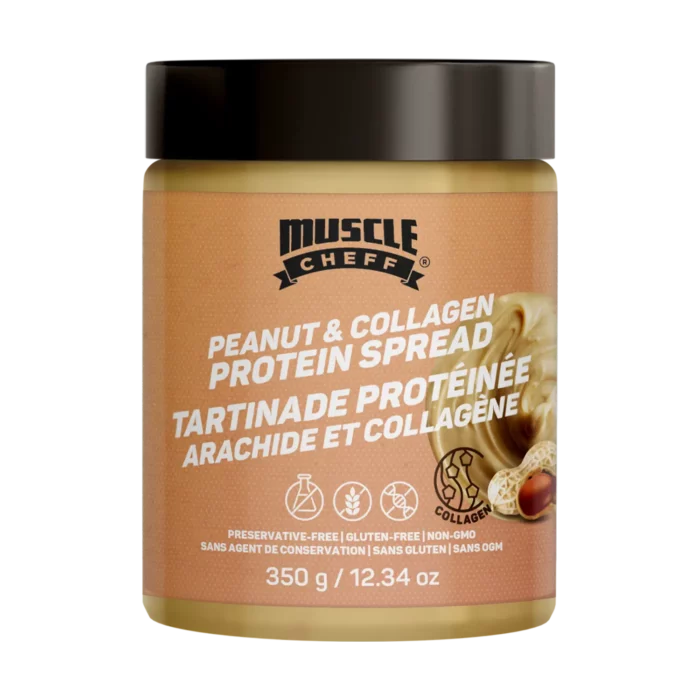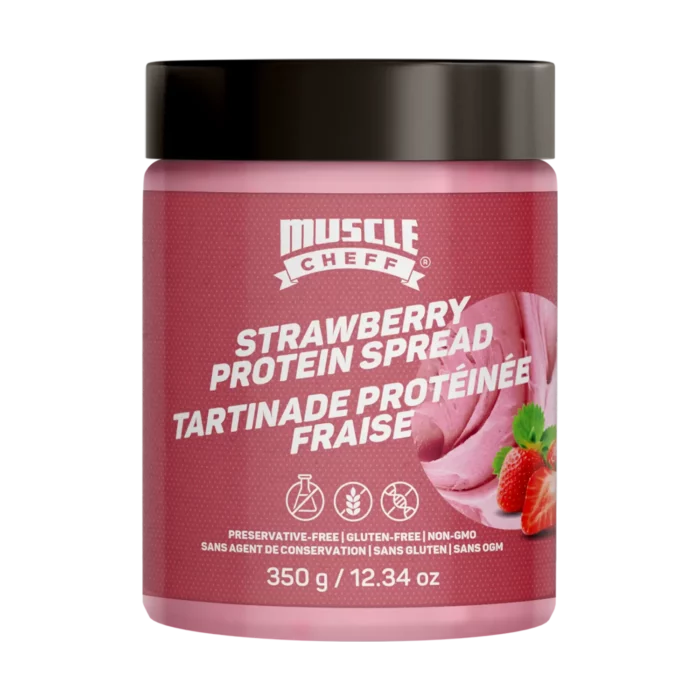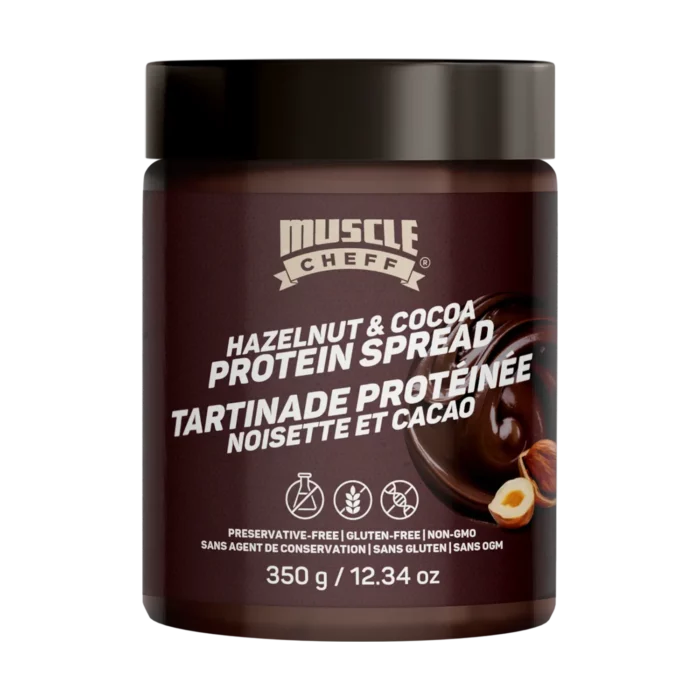Sports nutrition unquestionably plays a vital role in enhancing athletic performance. Whether you’re a professional athlete or a fitness enthusiast, your dietary choices directly impact your energy levels, strength, endurance, and post-workout recovery. While a balanced diet is crucial for everyone, athletes have unique nutritional needs that vary based on their specific sport. In this article, we will delve into the connection between nutrition and athletic performance and discuss how to customize your diet for different sports to optimize performance and achieve your goals.
Endurance Sports
Endurance sports, such as long-distance running, cycling, swimming, and triathlon, require sustained energy over a prolonged period. To excel in these sports, athletes should prioritize carbohydrates, the body’s primary fuel source. Consuming complex carbohydrates like whole grains, fruits, and vegetables before and during training helps maintain muscle glycogen levels, delay fatigue, and improve performance. Adequate fluid intake is crucial to replace lost fluids through sweat and prevent dehydration, which can negatively impact endurance. Sports drinks, electrolyte supplements, and water should be consumed during endurance sports.
In endurance sports, 60-65% of energy should come from carbohydrates. Therefore, endurance athletes should aim for 6-10-12 g/kg of complex carbohydrates daily, depending on their weight. Protein provides 10-20% of energy, so athletes should consume 1-2 g/kg of protein daily. Fat contributes 20-30% of energy, meaning endurance athletes should consume 2-3 g/kg of healthy fats per day.
Strength/Power Sports
Strength sports, like weightlifting, bodybuilding, and sprinting, require intense movements and high levels of strength. Athletes in these sports should focus on protein-rich foods such as lean meats, eggs, dairy products, and plant-based protein sources to support muscle growth, repair, and recovery. Consuming protein-rich foods within 30-60 minutes of training helps replenish amino acids and support muscle protein synthesis. Healthy fats, such as avocados, nuts, and olive oil, provide sustained energy and support hormonal function, crucial for strength sports.
In strength sports, 45-65% of total energy should come from carbohydrates, so strength athletes should aim for 6-10 g/kg of carbohydrates daily. Proteins provide 15-20% of energy, so individuals interested in power sports can consume 2.5-3 g/kg of protein. Fats should constitute 20-25% of energy, so strength athletes can consume 1.5-2.8 g/kg of healthy fats per day.
Team Sports
Team sports, like football, basketball, and volleyball, involve a combination of endurance, strength, and skill. Athletes in team sports need a balanced diet that includes carbohydrates, proteins, and healthy fats to meet the demands of the sport. Carbohydrates provide energy, proteins aid in muscle repair and recovery, and healthy fats supply sustained energy. Proper meal and snack timing are essential for athletes with multiple training sessions or matches in a day. Adequate fluid intake is equally important to maintain performance levels and prevent fatigue during games or training sessions.
Carbohydrates should make up 45-65% of the energy required in team sports, with athletes consuming 6-10 g/kg of carbohydrates per day based on their weight. Protein contributes 10-25% of energy, so team athletes should consume 1.2-1.7 g/kg of protein daily. Fats provide 20-30% of energy, allowing athletes to consume 2-3 g/kg of fat daily.
In conclusion, nutrition plays a crucial role in optimizing athletic performance. Different sports have varying nutritional requirements based on their specific demands, energy needs, and recovery. Athletes should work with a sports nutritionist or dietitian to develop a personalized nutrition plan tailored to their sport type and goals. Consider exploring Muscle Cheff’s healthy snacks to fulfill your nutritional needs before and after sports!
Explore Muscle Cheff’s High-Quality Products
-
 Peanut & Collagen Protein Spread (12.34 oz / 350 g)
Peanut & Collagen Protein Spread (12.34 oz / 350 g)$11.99 – $21.99
$8.39 – $15.39 -
 Protein Spread – Strawberry Protein Spread (12.34 Oz. /350 G)
Protein Spread – Strawberry Protein Spread (12.34 Oz. /350 G)$11.99 – $21.99
$8.39 – $15.39 -
 Protein Spread – Hazelnut & Cocoa (12.34 Oz. /350 G)$12.99 – $22.99
Protein Spread – Hazelnut & Cocoa (12.34 Oz. /350 G)$12.99 – $22.99

